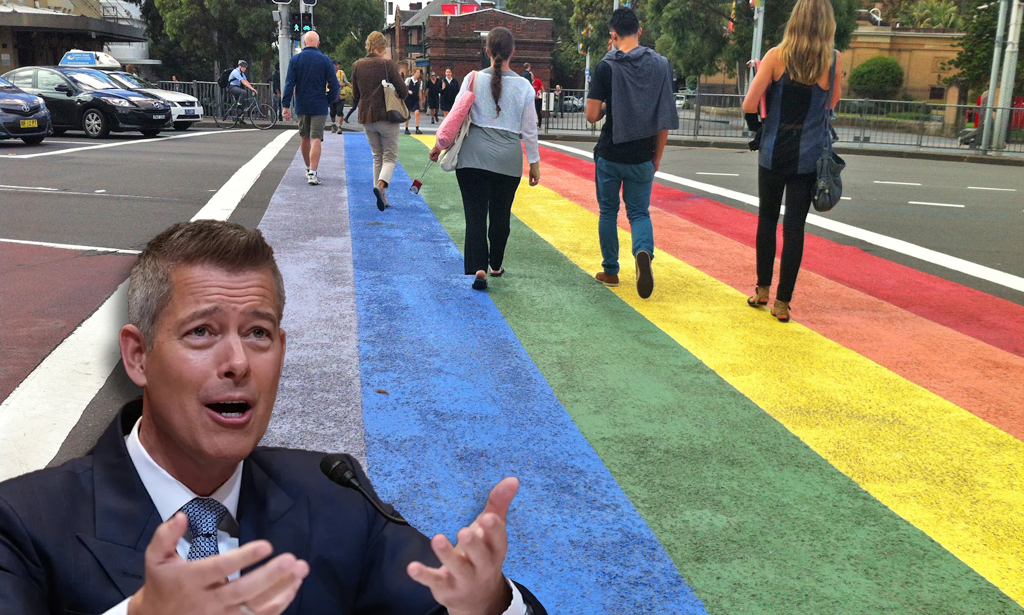If you're a person who is accustomed to getting around the place you live without a car, you've probably spent at least some time trying to sell your auto-dependent friends on the concept. Maybe you've even gone so far as to map out a route for them so that they wouldn't get frustrated. And sometimes you've succeeded in getting another person onto a bike, bus, train or trolley to make a trip across town. It's a good feeling, right?
 In Chicago's Southland, Streetsblog Network member Active Transportation Alliance has created a program called Footprints that makes this kind of friendly advice available on a wider basis. Footprints pairs anyone who asks with a "coach" who will "create with you a personalized program of biking, walking, and transit options that meets your needs where you live."
In Chicago's Southland, Streetsblog Network member Active Transportation Alliance has created a program called Footprints that makes this kind of friendly advice available on a wider basis. Footprints pairs anyone who asks with a "coach" who will "create with you a personalized program of biking, walking, and transit options that meets your needs where you live."
In a recent blog post, Footprints coach Mary Lynn Wilson talked about the work she does:
For most of the people we sign up, using a bike for transportation is a novel experience. Using the recommended streets on the Chicagoland bike maps and having the fledgling go at it would bring their noble experiment to a quick halt. So, we coaches poke through maps, Google and Bing only to be faced with a myriad of cul-de-sacs, canals, railroad tracks and streets where a speed limit is merely a suggestion. Persevere we do and manage to come up with a decent route with minimal fast-moving cars, sometimes connecting the rider with a train or bus. We sweeten the pot by offering to make the ride with them. Never give someone a route you wouldn’t ride yourself.…
[W]e have gotten people from the South Suburbs to downtown Chicago, someone from Oak Forest to Roselle, a teacher from Harlem and Northwest Highway to his school in Orland Park, and an intrepid rider from Tinley down to Kankakee State Park. Some trips are strictly by bike, some by bike/public transportation. And for those who see their commute as too long or too difficult, we continue to encourage everyone to think before they get in their car for that 1, 2 or 3 mile trip. This is where Footprints makes its biggest impact.
Services that help people navigate non-car transport are proliferating. Ride the City, which provides bike routes rated for safety and speed, just expanded into Austin. Google's public transit function is being offered in more and more places. And individual municipalities are working on their own web-based route guides. This is all great news.
But Internet-based guides sometimes struggle with common sense (a recent trip to SF and some frustrating encounters with the MUNI online system were the proof of that for me). Another human being can often do a more nuanced job of evaluating a traveler's priorities and proclivities. So the Footprints idea -- of making transportation advice into a connection between two people -- definitely has a place. We'll check in with them in the future to find out how the service is doing.
More from around the network: Orphan Road writes about the California precedent on high-speed rail; Next Stop in St. Louis notes that real estate agents there are touting proximity to transit when they're selling; and World Streets is calling for help in improving the Wikipedia entry for car-sharing.





